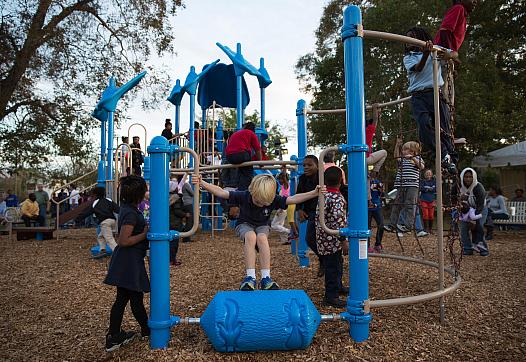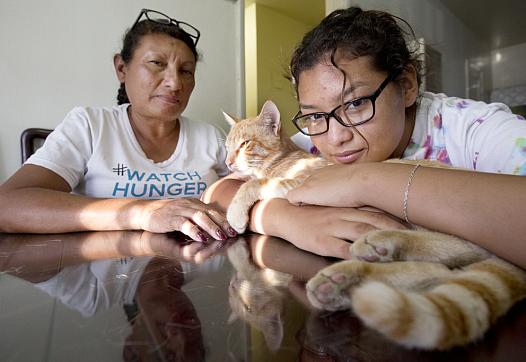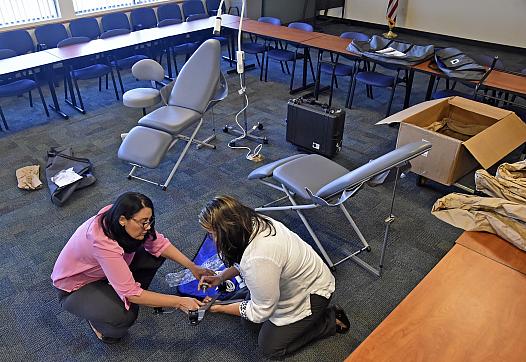
Football fan culture is changing, writes contributing editor William Heisel, as the consequences of repeated hard collisions become common knowledge. "Knock his block off!" the old refrain went. Or maybe don't?

Football fan culture is changing, writes contributing editor William Heisel, as the consequences of repeated hard collisions become common knowledge. "Knock his block off!" the old refrain went. Or maybe don't?
![[Photo by Getty Images]](/sites/default/files/styles/teaser_list_thumbnail_large/public/title_images/GettyImages-516336064.jpg?itok=TtA_ZBY4)
Too often, people experience death in ways deeply at odds with how they'd wish to live out their final days. In a recent webinar, a policy expert and journalist shared ideas for how the U.S. healthcare system navigates the end of life.

A reporter who was on the scene shortly after the terror attack in San Bernardino follows up with the victims and first responders over the following year to understand how the event impacted their mental health.

"There exists a class of hyper-polluters — the worst-of-the-worst — that disproportionately expose communities of color and low income populations to chemical releases," researchers write in a 2016 paper.

Experts believe they won't get the upper hand on the disease until they persuade enough people that a healthy diet and regular exercise can prevent it or minimize its damage if it has already struck.

“With limited resources, these communities were able to significantly improve their outcomes,” says Natalya Verbitsky-Savitzy, a research statistician for Mathematica.

Diagnosed with Type 2 diabetes when she was 11 years-old, Carolina takes three types of insulin and four other medications every day. Diabetes experts say the family's situation is fairly common.
For residents of California's vast rural areas, where nine hospitals have closed in the past decade, a cancer diagnosis can be especially frightening. Here's why.

“Perhaps the biggest deficit in our clients’ lives is a lack of two things – it’s a lack of community and it’s a lack of self-esteem,” says Rob Gitin, who works with vulnerable youth in San Francisco.

In 14 Sarasota County schools, second-graders will have the chance to receive free dental sealants on their molars through a partnership between the Department of Health in Sarasota County and four local foundations.